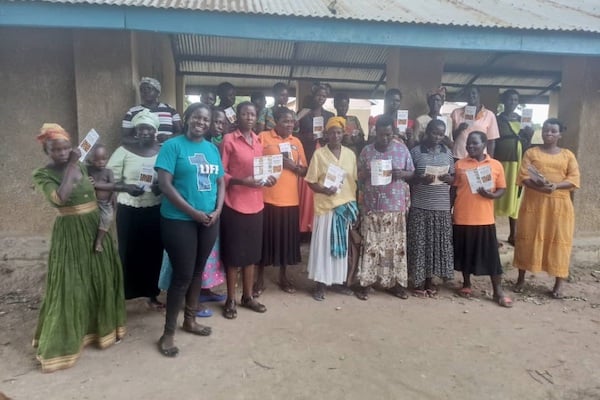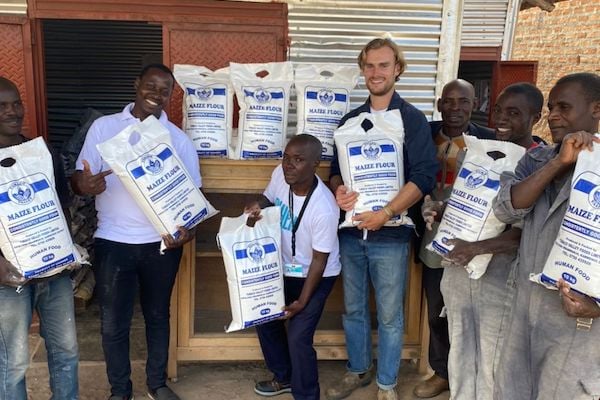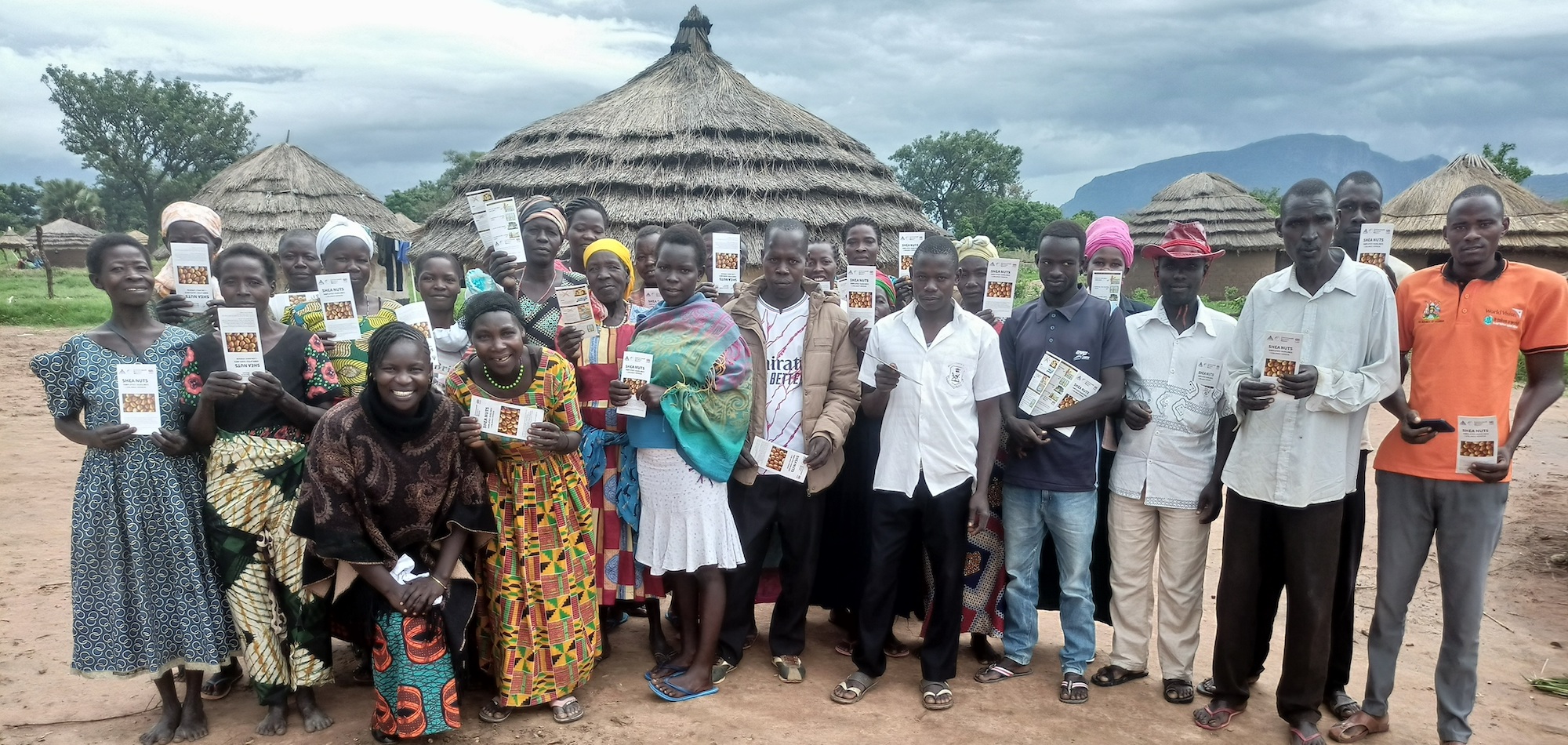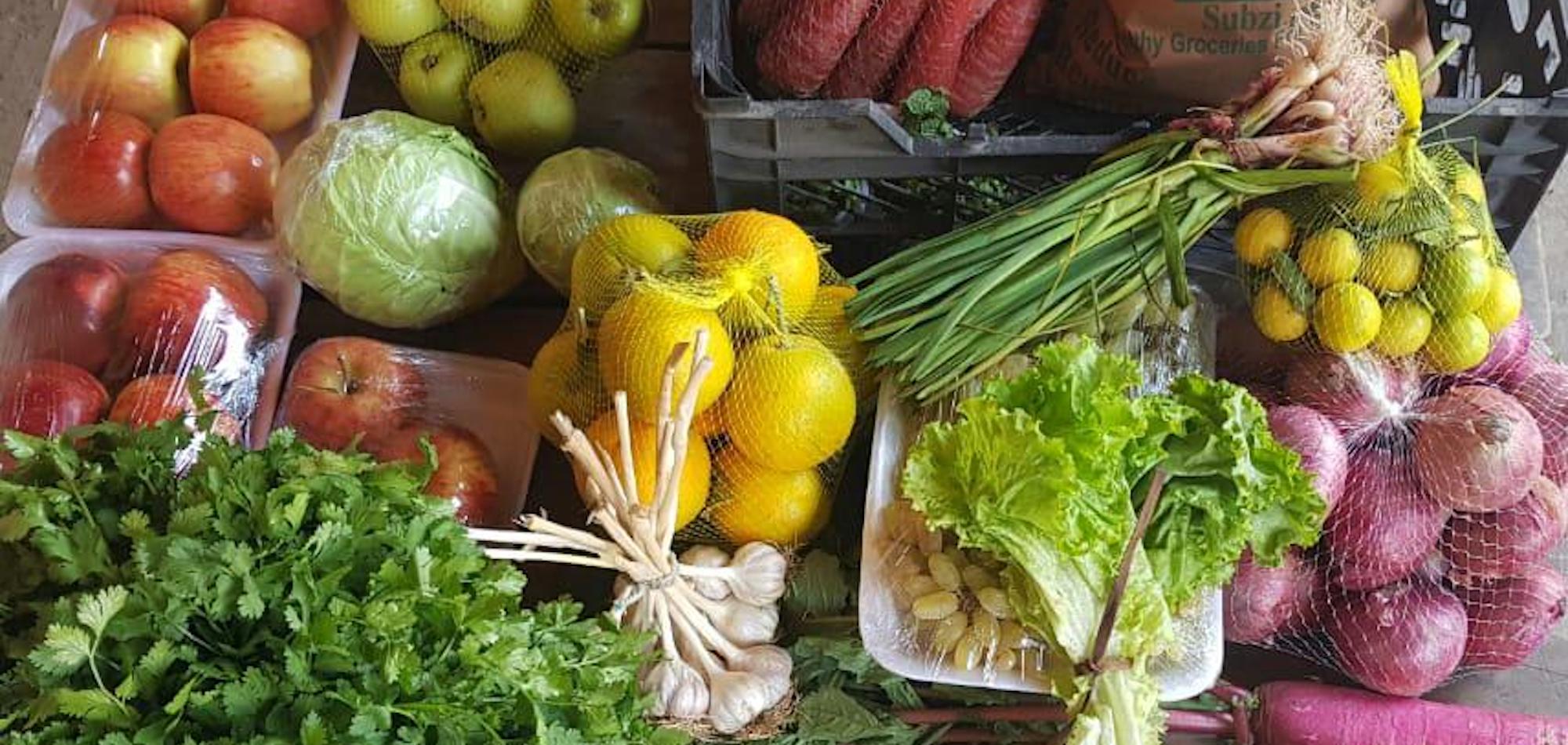14 teams from East Africa were selected for Acumen Academy’s new accelerator program serving forcibly displaced people (FDPs) with an impressive track record. Collectively, they employed 819 people, and worked with 86,000 FDPs (75% of which are women) and 38,500 host community members (of which around 71% are women) across Kenya, Uganda, and Ethiopia.
Each team sought out the Accelerator for Ventures Serving Displaced People because of its unique focus: it's Acumen's first program supporting enterprises specifically working to better serve, employ, and create opportunities for economic self-reliance and social cohesion among FDPs and their host communities.
Over the course of ten weeks, the accelerator supported entrepreneurs as they developed their business and leadership skills. After the program, they will be equipped with the tools to accelerate their scaling timeline and reach even more FDP and host community members — in just a few months.
As they navigated the course, their cohort provided a unique haven for these teams, many whom have dedicated their life’s work to supporting refugees and their host communities, and several who are refugees themselves. Within this community, each team can find common ground, like-minded perspectives, and peer-led inspiration on their path towards expansion.
Scaling up their impact: 3 grant recipients
To provide additional support for scaling, Acumen Academy possessed $75,000 in grants to award to three exceptional participating enterprises. At the end of the program, each enterprise presented a 5-minute pitch to a panel of program stakeholders, including representatives from Acumen East Africa , SDC, Pearl Capital Partners, JICA and RIN. The ventures were assessed on impact breadth and depth, traction, financial viability, and vision for scale.
Due to the significant overall strength of the cohort, the final selections were incredibly challenging to make, as each team demonstrated meaningful impact and an inspiring vision. Nevertheless, three grantees were ultimately chosen:
- Patapia, a micro-finance and training venture serving both FDP as customers and users
- Turaco Valley Foods, an agriculture company that creates fair markets for refugee farmers and sustainably supports their production
- Pelere Group, a shea processing and cosmetics brand that sources from and employs refugees
Meet the grant awardees below, find out more about their work, and learn how their experience in the program has impacted their enterprises.
.jpeg)


.jpg?width=600&name=20210928_110631%20(1).jpg)

.jpg)
